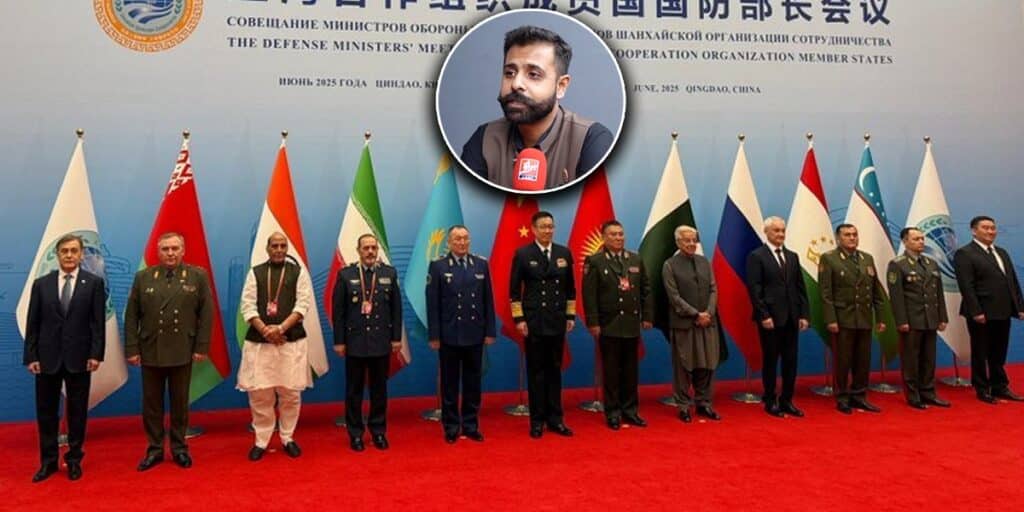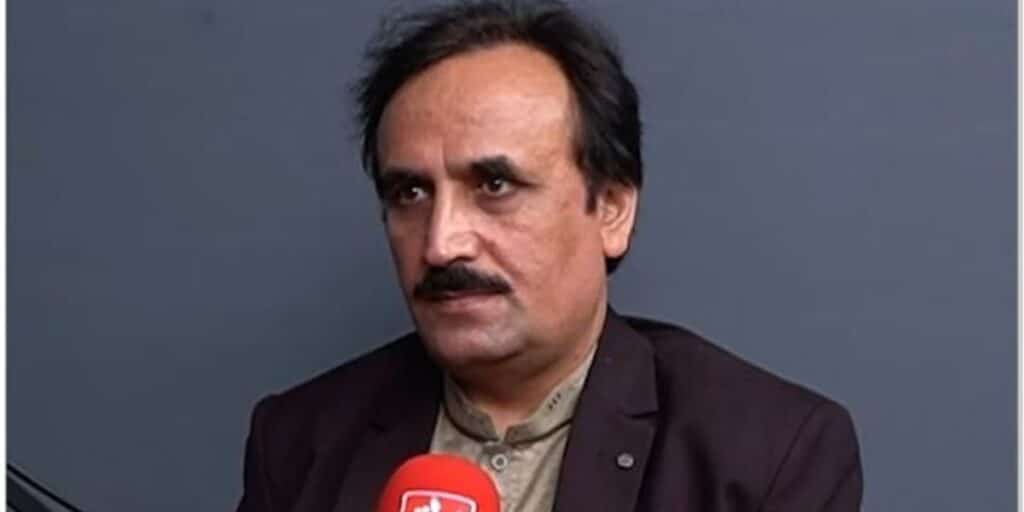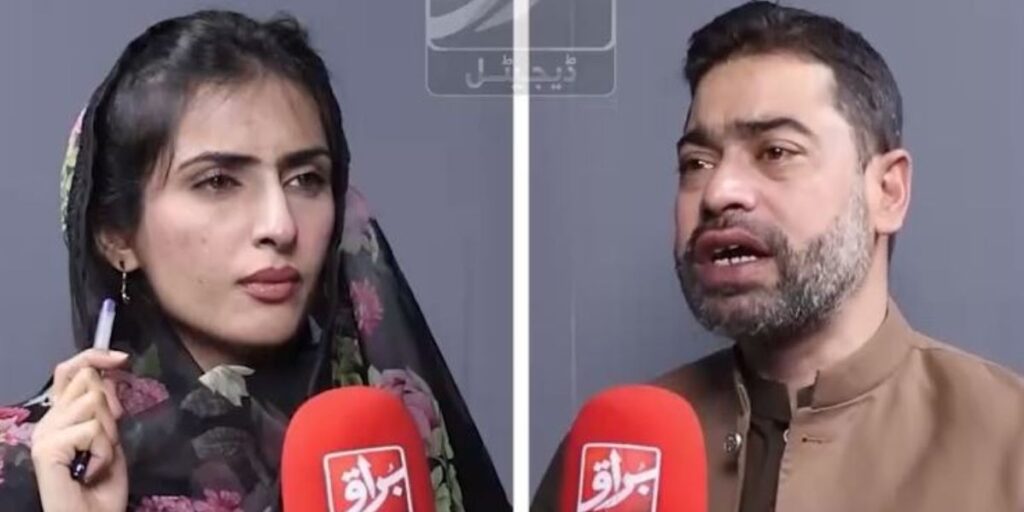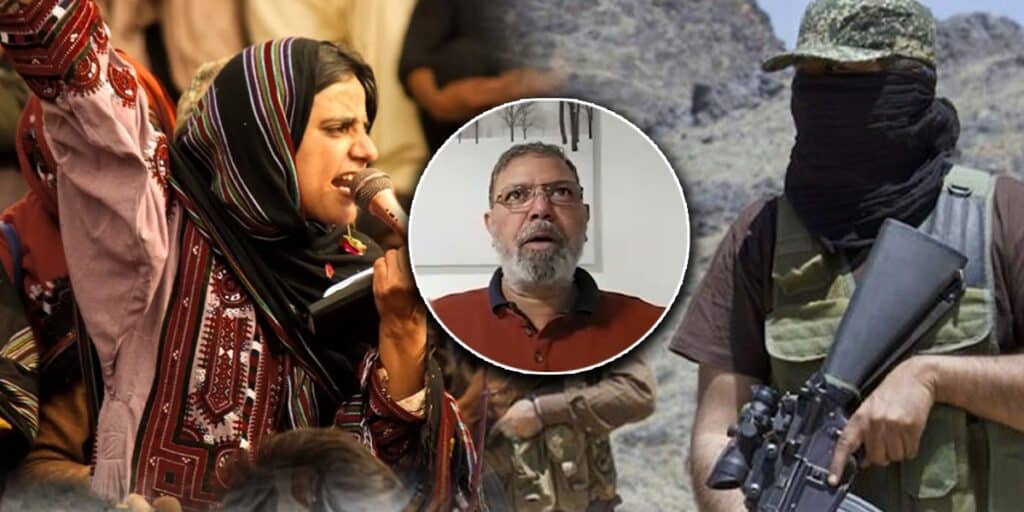By: Shaheer Sialvi
In the recently held SCO Summit, the refusal of India’s Defense Minister to sign the joint declaration, where credible evidence links India to terrorist activities, reflects more than just diplomatic defiance—it reveals India’s isolation in the region. While India insisted that all members condemn the Pulwama attack, other member states demanded condemnation of the Balochistan Jaffar Express incident—an act of terrorism on Pakistani soil. India walked away instead.
This reaction was not unexpected. India has long pursued a hegemonic role in South Asia, bullying its neighbours, be it in Bhutan, Sri Lanka, or Bangladesh. But the tide has turned since Pakistan emerged victorious in past military confrontations. Our regional stance, backed by China and supported in multilateral platforms, has shifted the balance.
India’s aggressive posture failed even with allies like Israel. During military tensions, India’s high-tech defense systems were rendered ineffective. Pakistan’s precision strikes, supported by Chinese electronic warfare capabilities, not only neutralized India’s Rafale jets but also exposed the hollow myth of its military superiority.
Let’s not forget: Pakistan has played a key role in liberating Central Asian nations like Kyrgyzstan, Kazakhstan, and Uzbekistan. Even Iran, historically neutral, now acknowledges Pakistan’s strategic value. China remains our most trusted partner. Their support during critical phases exposed India’s weaknesses and elevated Pakistan’s stature on the international stage.
What India fails to understand is that its Hindutva-driven policies have alienated regional partners. The world now sees the so-called “world’s largest democracy” for what it truly is: a majoritarian state led by a regime that brutalizes its own minorities. The “Butcher of Gujarat” now tries to whitewash his image globally, but the Sikh diaspora, Kashmiri voices, and even Indian Muslims are pushing back.
Internationally, Modi’s delegations are met with protests, not praise. Khalistani protestors, Kashmir activists, and human rights defenders follow him across the West, forcing Indian diplomats to request police escorts just to exit venues.
Contrast this with Pakistan’s rising image. Our delegates are now received with respect. Leaders who once had to undergo humiliating security checks are now welcomed with protocol. Foreign leaders request to meet even our military leadership, recognizing the strategic discipline of our armed forces and the diplomatic maturity of our civilian representatives.
Pakistan is reclaiming its lost stature. The world respects strength, not appeasement. For years, our policy remained defensive—we waited and absorbed blows. Now, by adopting a more assertive posture, we’ve changed the narrative. From Iran to Belarus, from Geneva to New York, Pakistan’s voice is being heard. Our youth, our diaspora, our strategic alliances—they’re all aligning in a way that signals a new era.
India’s desperation is evident. It is lobbying world leaders to pressurise Pakistan. It is racing to acquire defense systems and pleading for diplomatic face-saving through proxies like Trump. But the world now sees through this game. The false flag operations, the propaganda, the media blitz—they no longer hold weight.
It’s time Pakistan reinstitutes scout training in schools, national defense awareness, and self-reliance. Let every Pakistani youth know: you are not just a citizen—you are the first line of defense. If Israel can train its youth for defense, if Azerbaijan makes military service mandatory after high school, why can’t we?
The state must now prove it exists—not just in words but in decisive action. The world is watching. But more importantly, our people are watching.





